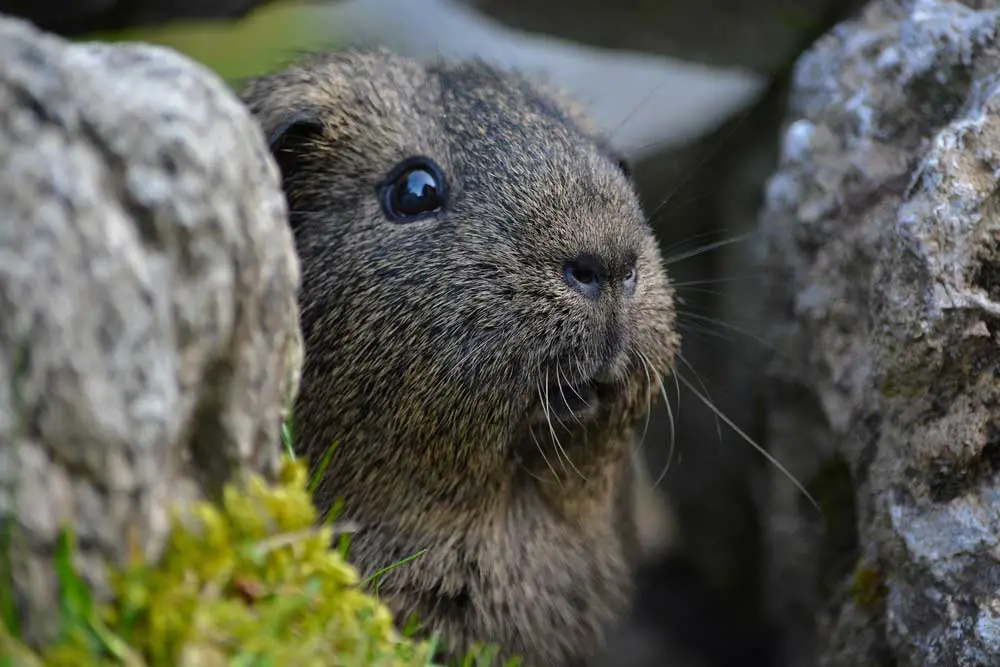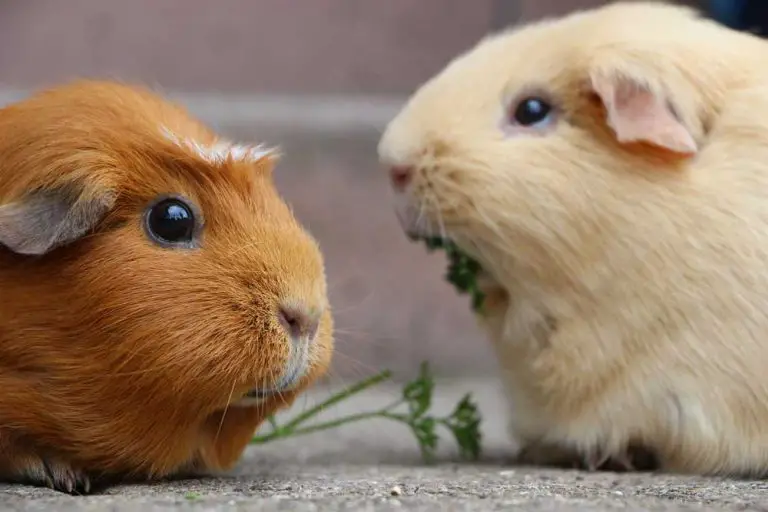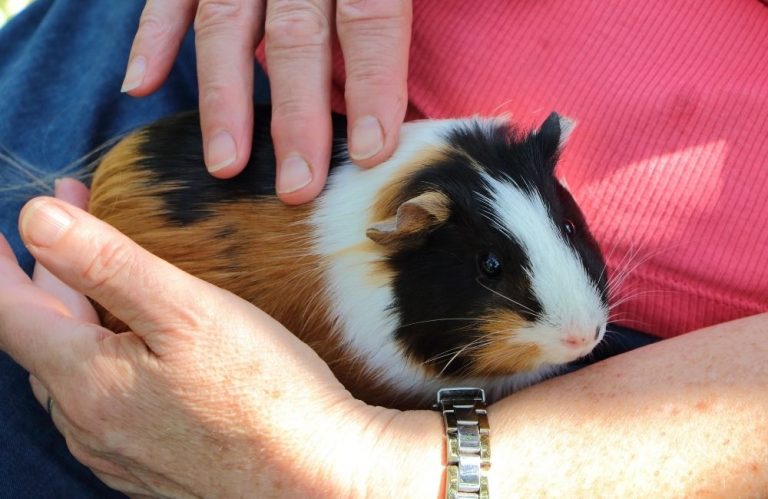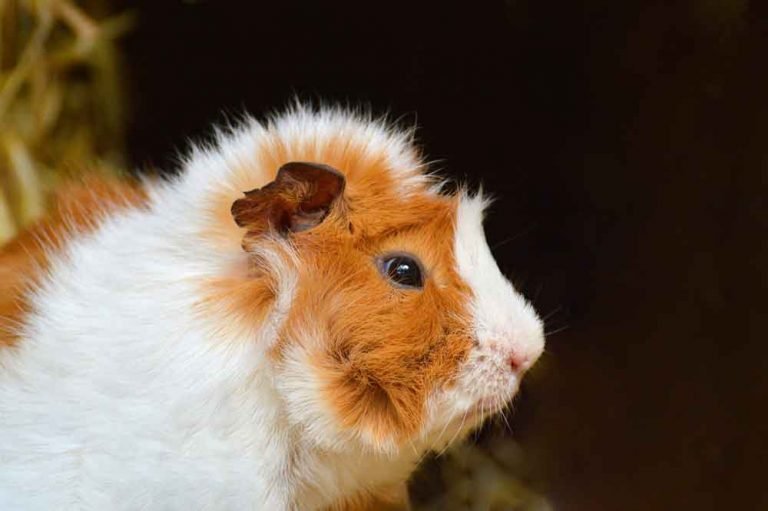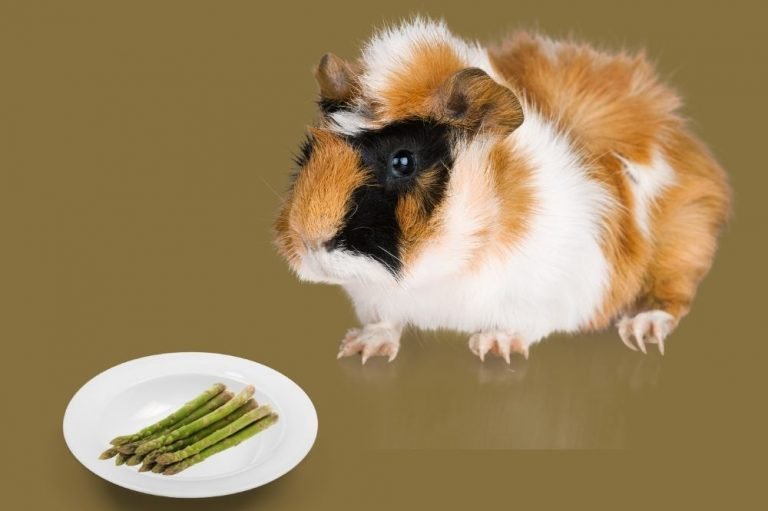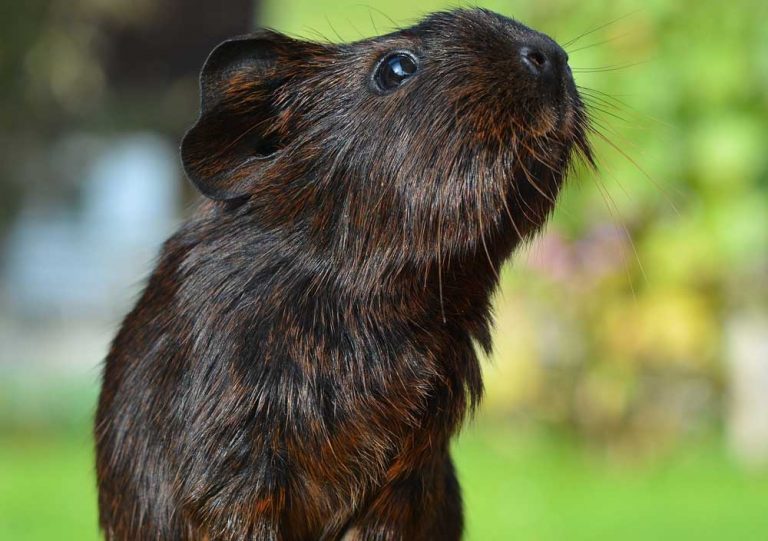Can Guinea Pigs Survive in Hot Weather?
Wondering how people living in hot areas manage to keep guinea pigs? Thinking of having guinea pigs and worried about the high temperatures in your area? Well, you are at the right place, stick around and find out if guinea pigs do survive in hot weather.
Do Guinea Pigs Survive in Hot Weather?
Yes, guinea pigs do survive in hot weather. Guinea pigs or cavies are not naturally made to live under high temperatures, but that doesn’t announce death for them. Cavies are raised in different parts of the world including South America which experiences summer and Sub-Sahara Africa which also has hot weather at times.
These little pets need intense care. Actually, extreme temperatures whether high or low makes them susceptible to certain health conditions. Intense low temperatures can chill them out while very hot weather makes them prone to various body conditions.
The Right Temperatures for Cavies
The ideal temperature for guinea pigs is 18 to 23 degree Celsius. Temperatures above 25 degrees Celsius expose them to heat stroke and heat exhaustion. Those below 15 degrees Celsius, make them cold and above 30 degrees Celsius pose a high death risk to these pets.
Why Guinea Pigs Are Vulnerable to Hot Weather
Cooling is an important mechanism in the body. Sweat glands play this role in animals. They release moisture on the body surface, sweat which regulates the heat.
Surprisingly, not all animals have sweat glands. This includes guinea pigs so they can heat up fast in hot weather. Increase in blood flow in their system is how they cool down.
Under low temperatures, there is less blood flow to reduce heat loss within their bodies. In high temperatures, more blood flows in their system which poses death risks for these pets. High temperatures also shut down their organs.
Most Vulnerable Guinea Pigs
All body conditions have risk factors, what makes one more vulnerable than the other. Guinea pigs are no exception when it comes to heat and diseases. Some cavies are more susceptible to heat stroke than others.
These pets exist in two breeds, short and long-haired breeds which are part of the vulnerable group. Overweight guinea pigs, pregnant ones are more susceptible as well. Too old or young cavies fall in this category also.
Long-haired breeds have a lot of fur which tends to preserve a lot of heat. Old and young guinea pigs lack good blood flow regulation therefore, they do not respond well to changes in temperature. When they are over-weight, they produce more heat since they burn more fat in their bodies.
What is Heat Stroke and Exhaustion?
Heat exhaustion leads to heat stroke if not treated. It involves dehydration while heat stroke has more severe symptoms and effects on your cavy.
Heat Stress Signs in Guinea Pigs
As a guinea pig owner, looking out for heat stress in your pet is important for you. We now know what it is, try spotting it in your guinea pig. Here’s what to look out for.
- Your cavy seems uncomfortable shown by lying on the side or changing its normal staying positions.
- Your pet pants and drools as a way of trying to cool down.
- Your guinea pig experiences heavy breathing.
- Heart beat in your pet increases.
- The pet could also have convulsions in extreme heat cases.
- Your pet becomes weak.
Preventing Heat Stress in Cavies
We have seen how heat stress presents itself, lets discuss how you can avoid it. To overcome heat stress, you have to keep your cavy within the right temperature. This can be achieved through.
Reduce the heat stress factors for these pets. For the long-haired breeds, trim a little fur or comb through their fur so they shed some.
However, don’t shave the whole cavy fur. It’s an adaptive mechanism, protects them from infections and injuries .It keeps them warm when it’s cold.
Ensure you properly feed your pets, this keeps their weight in check. Visiting the veterinary for regular body mass check is also essential. Assist cavies which are overweight to get to the right weight .e.g. engaging them in play, have other cavies which serve as playmates.
Avoid exposing the cavy to long heat durations. Don’t leave them outside for too long.
Keep your cavy in a well-ventilated area. This allows good circulation of fresh air which drives away excess heat.
Water is good cooling agents provide your cavy with enough. This keeps them hydrated at all times.
Where you keep this pet is important. Whether it’s the house or a cage, it should be away from direct sunlight.
You can also set up a cool sleeping place for it .e.g. bricks, plastic pipes.
Helping an Over-heated Cavy
Is your cavy having heat stress? Well, reducing the excess heat is key. The following helps you assist your over-heated cavy.
Take your pet away from the heat source. Over-heating is caused by excess heat. Therefore heat sources should be immediately eliminated.
You should cool your cavy. Avoid cold water which could lead to shock due to the sudden change in temperature. Use a cool cloth to dampen its fur or put it in cool water.
Move them to a cool place like house indoors, tree shade or any other cool place around you. However, don’t over-cool since very cold temperatures are dangerous for the guinea pig.
Cooling the cavy works for both the inside and outside. Hydration cools the system of your overheated pet. Give it some water to cool down.
Lastly, seek veterinary help for your guinea pig. First aid measures are important but medical assistance sheds more light on the situation.
Final Word
Guinea pigs surviving in hot weather all depends on the help extended to them. It’s a question of how you invest in their well-being.
They have their own specific suitable temperatures which can be regulated. While extreme high temperatures are generally bad for guinea pigs, they can still thrive well if given good care.

